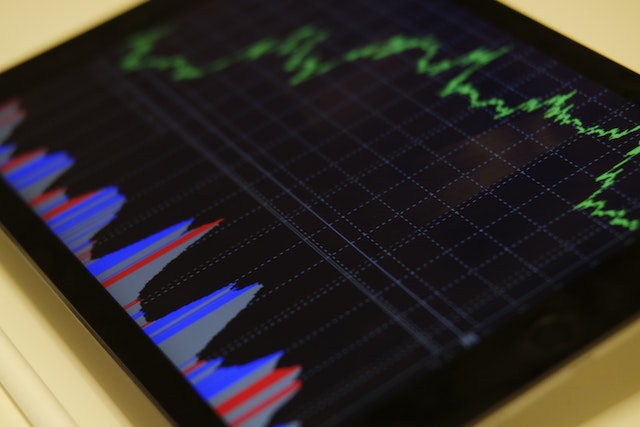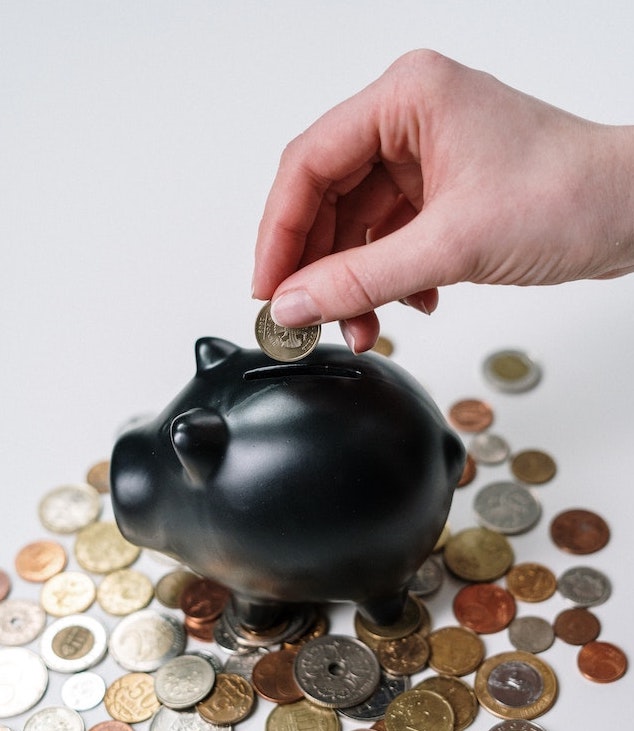Budgeting
Without knowing where your money comes from and leaves to, it is very hard to accumulate wealth and have a solid financial foundation. Budgeting applications may help with that. Smartphones also provide a significant advance over the notepad, pencil, and calculator your parents may have used to keep track of their finances.
The top budgeting applications available today link to your bank, credit, and loan accounts and immediately download new transactions. Every transaction is divided into the budget categories you've chosen. When you open the app, a quick overview of your monthly expenditures and current financial situation is shown.
Contrary to popular belief, a budget does not in any way limit one's ability to spend. A budget really serves as a guide for expenditure. You may safely decide just how much you want to spend from your cash for enjoyable spending and boosting your investment accounts after you know how much you'll spend on items like rent or mortgage, food, and utilities.
Although some budgeting applications are subscription-based, many are free and financed by advertisements. A budgeting software may be very beneficial for your financial condition if it can help you get out of a bad financial scenario or stop living paycheck to paycheck.















